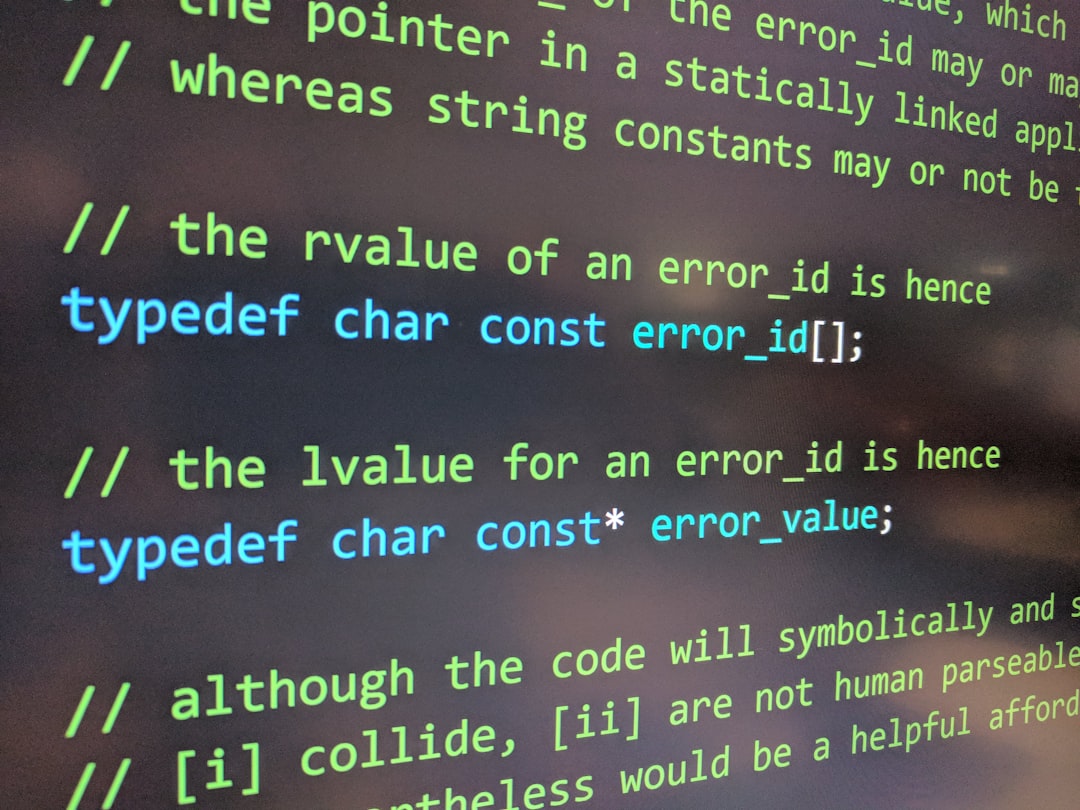When it comes to writing efficient SQL queries, the CASE WHEN statement often finds its place as a powerful tool. It allows for conditional logic directly in SQL, which can simplify complex business rules. However, it’s not uncommon for queries using CASE WHEN to experience performance degradation, especially when applied to large datasets. In this article, we’ll delve into how CASE WHEN works under the hood, why it can impact query speed, and most importantly, how to optimize its performance without sacrificing readability or functionality.
Understanding the SQL CASE WHEN Statement
The CASE WHEN statement is SQL’s version of an if-then-else control structure. Here’s a simple syntax to illustrate it:
SELECT
name,
CASE
WHEN score >= 90 THEN 'A'
WHEN score >= 80 THEN 'B'
WHEN score >= 70 THEN 'C'
ELSE 'F'
END AS grade
FROM students;
Underneath, SQL evaluates each condition until it finds a match. This logic is easy to follow and super flexible, but when used extensively—especially in SELECT statements, WHERE clauses, or joins—it can become a performance bottleneck.
Why Performance Problems Arise
Several factors can cause CASE WHEN to slow down your queries:
- Complex Expressions: When conditions depend on subqueries, multiple JOINs, or user-defined functions.
- No Index Usage: If CASE is used in the WHERE clause or on indexed columns incorrectly, indexes might not be utilized efficiently.
- Repetitive Computations: If the same logic is recalculated many times across rows or subqueries.

Best Practices to Optimize CASE WHEN Performance
Here are some practical methods to make your CASE WHEN usage more performant:
1. Simplify Conditions
Before diving into tuning strategies, always try to simplify your conditional logic. Break down complex parts into views or CTEs (Common Table Expressions) to isolate and tackle performance issues step-by-step.
2. Use Indexed Columns Efficiently
Applying CASE WHEN on indexed columns might bypass the index usage, especially if the condition alters the nature of the column (such as applying functions). Consider restructuring the query or moving conditions to separate calculated columns or indexed views.
-- Less efficient WHERE CASE WHEN status = 'Active' THEN 1 ELSE 0 END = 1 -- More efficient WHERE status = 'Active'
3. Precompute Values
If your CASE statement is returning values based on data that doesn’t change often, consider materializing the result. This could be through:
- Computed columns
- Indexed views
- Temporary tables
Precomputing helps avoid repeated evaluation across large result sets and can significantly enhance performance.
4. Leverage CTEs and Subqueries
For large logic blocks, move the CASE WHEN into a CTE or subquery to isolate the calculation from the main data projection. This also helps with code readability and testability.
WITH graded_students AS (
SELECT
name,
CASE
WHEN score >= 90 THEN 'A'
WHEN score >= 80 THEN 'B'
ELSE 'F'
END as grade
FROM students
)
SELECT * FROM graded_students WHERE grade 'F';
5. Analyze with Execution Plans
One of the most powerful yet underused tools in SQL performance optimization is the query execution plan. It tells you exactly how the SQL engine is interpreting your logic and lets you spot bottlenecks.

Look for costly operations such as full table scans, nested loops, or function evaluations where your CASE WHEN logic resides.
Final Thoughts
While the CASE WHEN statement provides vital flexibility in writing SQL queries, it’s important not to underestimate its impact on performance. Through careful planning, code restructuring, and leveraging tools like execution plans, you can minimize its overhead and build fast, scalable queries.
Optimizing SQL is both an art and a science. Getting familiar with how the database engine interprets your logic is key—not just for CASE WHEN statements but for all aspects of query writing. Keep refining, stay curious, and your SQL will thank you for it.


































